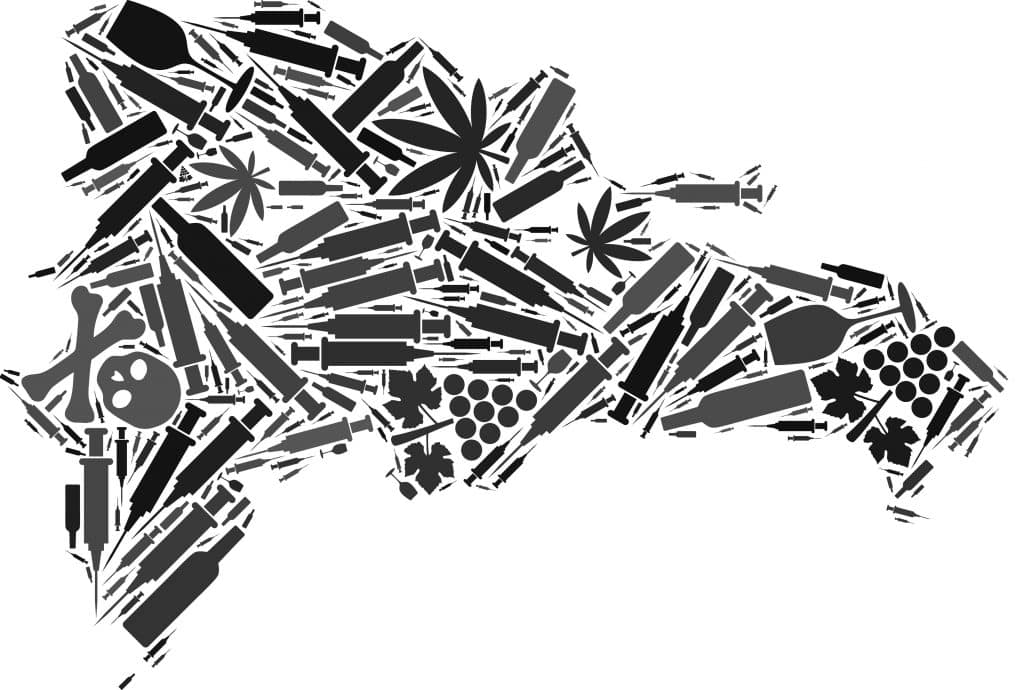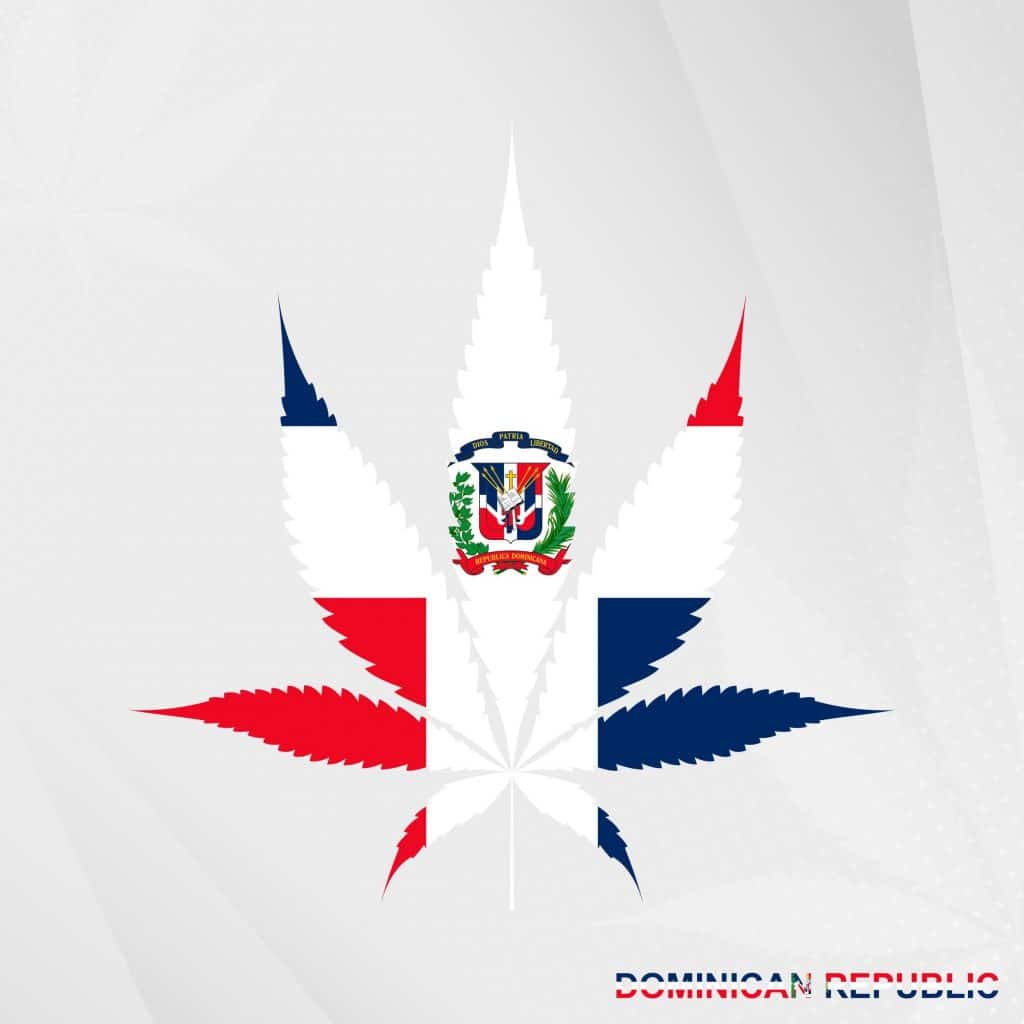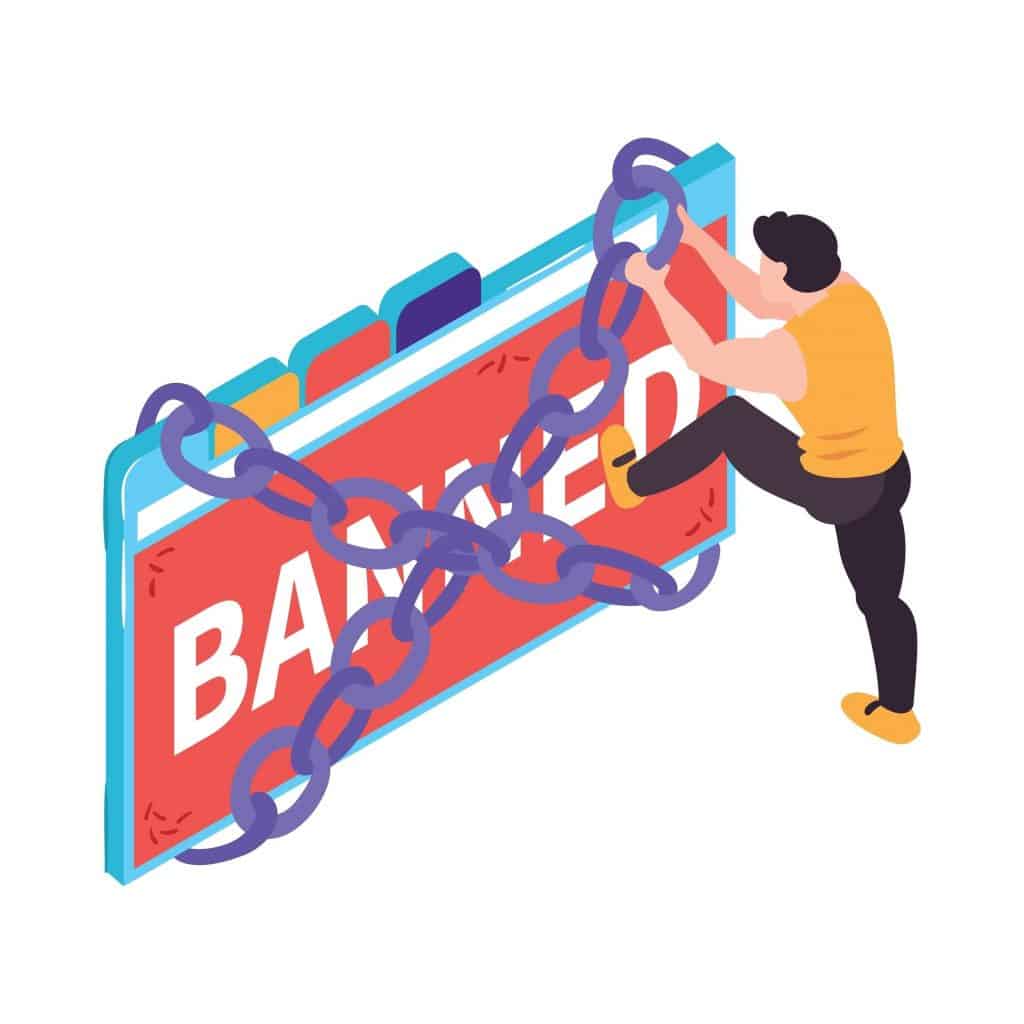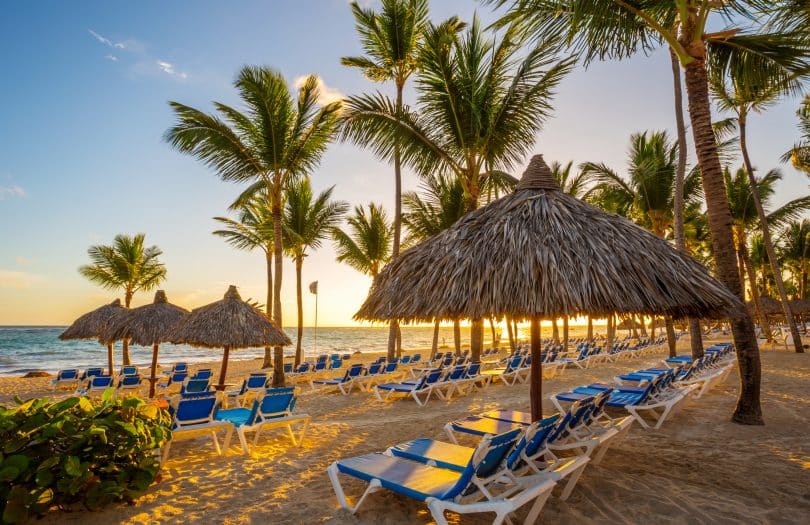While story after story comes in about the relaxing of regulation against cannabis, this isn’t true to all places, or at least, not in the same time frame. In some places it’s actually gotten worse. Read on to learn more about how the Dominican Republic views cannabis, and a recent move that actually banned music and media related to the plant.
The Dominican Republic
The Dominican Republic is an island nation in the Atlantic Ocean, east of the continent of South America and Mexico, and south of the United States. It shares its land mass with Haiti, which takes the west side, while the Dominican Republic is on the east side. To its direct east is the island nation of Puerto Rico, and to its west in the Atlantic, are the islands of Jamaica, Cuba (north of Jamaica), and the Bahamas (north of Cuba. Together, these islands, along with other smaller ones, make up the Caribbean Islands.
As of 2022, the country was home to approximately 10.7 million people, with Spanish as the national language. This is because the Spanish took over the island from the native Taíno people in the late 1400s when Christopher Columbus first landed in that area, making the Colony of Santo Domingo the first colony established by Spain in the new world area. Spanish rule finally came to an end in 1821 when the Dominican people declared their own independence. The island wasn’t split into halves until 1697, when the French claimed the west side, which became Haiti.
In the Caribbean region and Central America, the Dominican Republic has the largest economy according to the US government and World Bank, and is the most visited country in the island region. It’s the 7th biggest economy of Latin America in general. It actually holds the fastest growing economy in the Western Hemisphere in the last 25 years, growing at an average rate of 5.3% between the years of 1992 – 2018. Main industries include construction, manufacturing, mining, and tourism. Its beautiful beaches and industry of resorts, makes it a well-known destination.
Thanks for joining. Check out the Cannadelics Weekly Newsletter to sign up for email updates; and get a range of top notch promos on cannabis buds, vapes, edibles, smoking equipment, cannabinoid compounds, and lots more. Let’s all get stoned… responsibly!
Dominican Republic cannabis laws
To put it bluntly (all pun intended), the Dominican Republic is not about weed. The plant is 100% illegal in the small island nation. The law Drugs and Controlled Substances came into effect in 1988 with the creation of The Advisory Council on Drug Abuse, and the passage of Law 50-88, which deals with the regulation of narcotic drugs. In 1997, the National Unit for the Prevention of Drug Abuse was established to oversee the implementation of drug law. The unit operates under the Ministry of Health.
The law illegalized the possession of all amounts of the drug; though when it comes to cannabis, different amounts are regulated differently. In the Dominican Republic, possession of cannabis is split into three categories based on amount. The penalties for each category are fixed and go as follows:
1-20 grams: Category 1 – This comes with a minimum prison sentence of six months, along with $1,500 Dominican pesos in fines. The maximum sentence for this amount category is two years in prison, and $2,500 Dominican pesos in fines. This is considered recreational use.
20 grams – 1 pound: Category 2 – It’s generally assumed that offenders caught with this amount are dealers or distributors. For this category, the minimum sentence is three years in prison, along with $10,000 Dominican pesos in fines. The maximum sentence is 10 years in prison, and $50,000 Dominican pesos in fines.
One pound plus: Category 3 – The final category is for the largest amounts, and is the harshest. Once more than a pound is reached, its automatically considered drug trafficking, and comes with a minimum sentence of five years in prison, with $50,000 Dominican pesos in fines. The maximum sentence is 20 years jail time. The maximum fine is established by the value of the contraband, or the trafficking operation itself. It is no less than this value, with $50,000 Dominican pesos as the minimum amount.
For hash, the numbers are different. Category 1 is up to five grams, Category 2 is between five grams and ¼ pound. And Category 3 is for anything over ¼ pounds. The same association of recreational, distributor, and trafficker, apply at the three levels.

But then it kind of throws away everything above by saying that a law was added in 1995 that states that once its considered that the person in question is intending to sell what they possess (whatever the amount), that it can’t be considered recreational, and must be considered trafficking. Which can invalidate the first two categories for any case, and bring on massive consequences for small amounts.
Is this still the case?
Finding the current drug laws for the Dominican Republic is not that easy, as the Organization of American States (OAS), the source used by most other articles on the topic, no longer displays the page with the above information. Nor does any other site that I could find, aside from the digitallibrary version I connected. In fact, under the ‘Policy on Drugs’ section under the Dominican Republic for the OAS, there is nothing.
This is where others linked to before, and implies that the aforementioned policy is possibly not applicable anymore. Although without a formal replacement policy, its hard to know what punishments there are. So while some aspects might have changed, I can’t verify this, and the above punishments technically stand.
In 2019, the OAS, via the Inter-American Drug Abuse Control Commission (CICAD), put out the Evaluation Report on Drug Policies for the Dominican Republic. Though the report doesn’t go over legal repercussions for cannabis use, it does talk about other drug policy. The Dominican Republic instituted the National Strategic Drug Plan 2016-2020 several years ago. According to the report, this drug plan “adopts a human rights perspective, gender approach and social inclusion.”
It goes on to explain that “Local governments have been transferred responsibilities for implementing drug programs or interventions through formal agreements and coordinated work with local governments in the provinces,” and that these repercussions are related to how individual locations choose to handle them. This indicates that punishments for some crimes might be assigned only by local jurisdiction, and not by federal policy; but this is not completely clear.
The report continues that “For this purpose, the CND has an office focused on promoting, coordinating, training and providing technical support on drug-related issues to local governments and stakeholders through the Demand Reduction Directorate and the Planning and Development Department.”

What other important point does the report make in regards to how crimes are punished? “The law of the Dominican Republic does not provide for alternatives to incarceration for low-level drug offenses. In such cases, the current legislation is applied.” This also implies that the above mentioned punishments for anything over recreational use, might not stand.
It goes on, “The country does not have special courts and tribunals for low-level drug offenses. However, a court-supervised drug treatment (TSJ) pilot project, based on conditional suspension of the proceeding, has been under way in the National District since 2015.”
The reality is, its hard to know if the report is indicating that higher level possession cases are not bound to the given law. It might simply be pointing out that recreational use should be more flexible. But it also implies that individual locations have some amount of authority. For this country, as it is with many others, its hard to know exactly what’s going on. For that reason, though there is question, its best to assume the stated law is still in play.
Did the Dominican Republic really ban cannabis music and media?
Indeed it did at the end of 2022, which indicates that even if it looks like there was progress, there kind of wasn’t. On December 2nd, 2022 it was reported that the country actually updated Law 50-88 to “extend the prohibition on inciting the consumption of drugs and controlled substances through songs, clothing, and other means of dissemination”. This includes music, clothing, or anything else that in any way positively promotes cannabis consumption.
And it wants to go further. A few days after that amendment passed, another one entered the debate. This second bill, if it passes, would, according to the article in Dominican Today, prohibit “all types of music, publication, publicity, propaganda, or programs distributed through traditional media, social networks, or any other means that contain auditory, printed, or audiovisual subliminal stimuli and messages that encourage the consumption and illegal trafficking of drugs and controlled substances.”
You read that right, it includes social media, meaning even the personal communications of a person in their social world, could be subject to punishment via this article, which would amend Article 36 of Law 50-88. Currently, though Article 36 prohibits drug promotion, its less specific, and doesn’t account for sanctions. These new articles (which are nearly the same) involve anything so much as alluding to drugs, which realistically can get messy, as it seems to outlaw (and want to increase the outlaw) on things that might not actually be directly related.

It also indicates that any of this media and clothing that speaks of cannabis reform, is also banned. Which means there are now infringements in the political world of drugs, and on free speech in general, which goes against instituted measures to protect this right. Anything from a statement online, to a shirt promoting legalization, to a personal social media post, could land a person in hot water. Talk about the antithesis to progress!
Conclusion
Right now we’re in a ‘one step forward, two steps back’ scenario in terms of the Dominican Republic and cannabis. While the country made minor updates to drug policy that kind of look like a loosening of regulation, or a further consideration of the people; these latest legal pushes tell a different story. And its not a great one, either. Let’s hope there’s a plot twist coming.
Welcome everyone! Thank you for joining us at Cannadelics.com; a news platform within the cannabis and psychedelics landscapes, that brings you the most interesting stories going on now. Hang out often to stay up-to-date on important topics, and sign up to the Cannadelics Weekly Newsletter, so you’re always on top of what’s going on.









